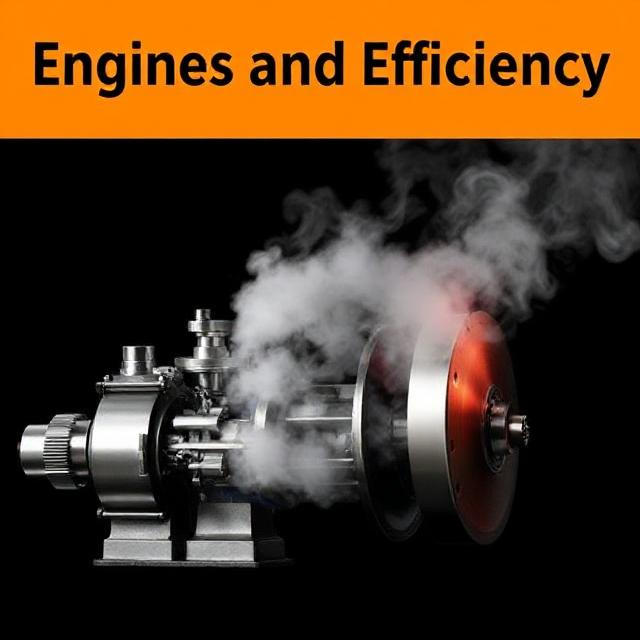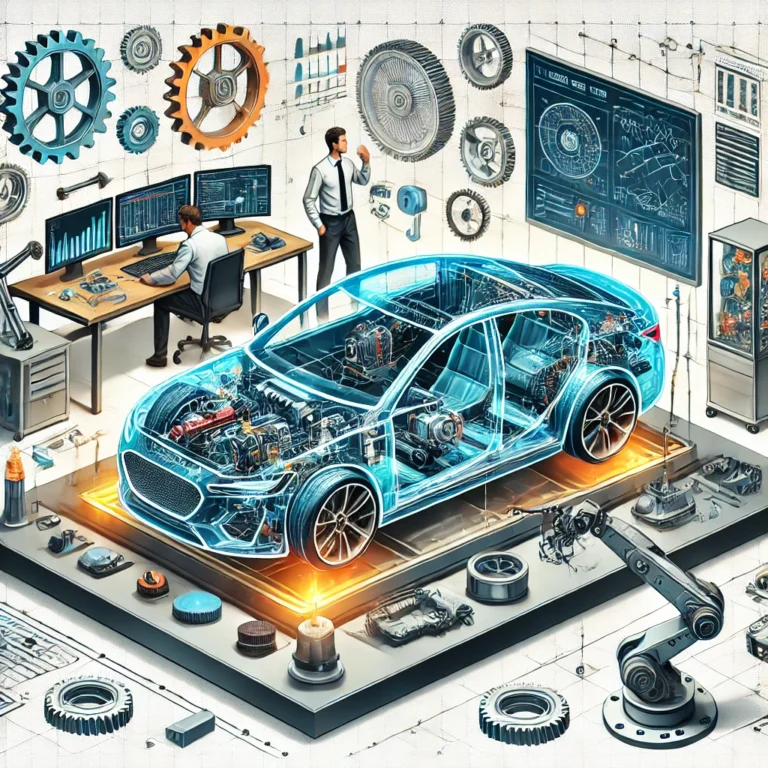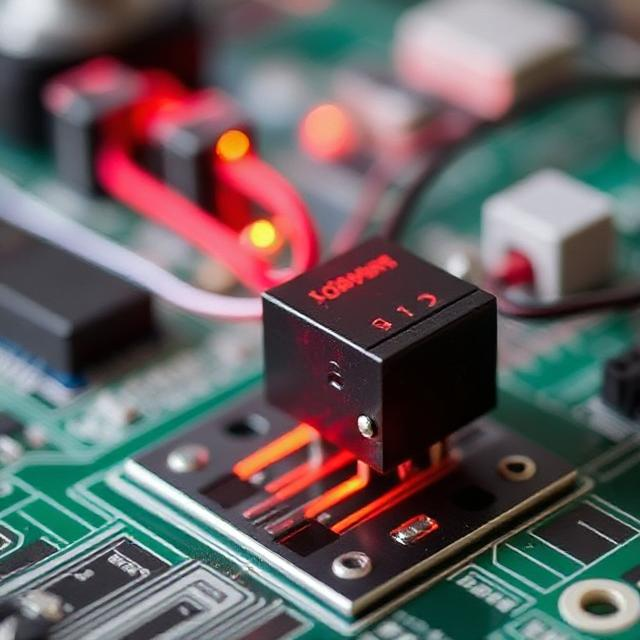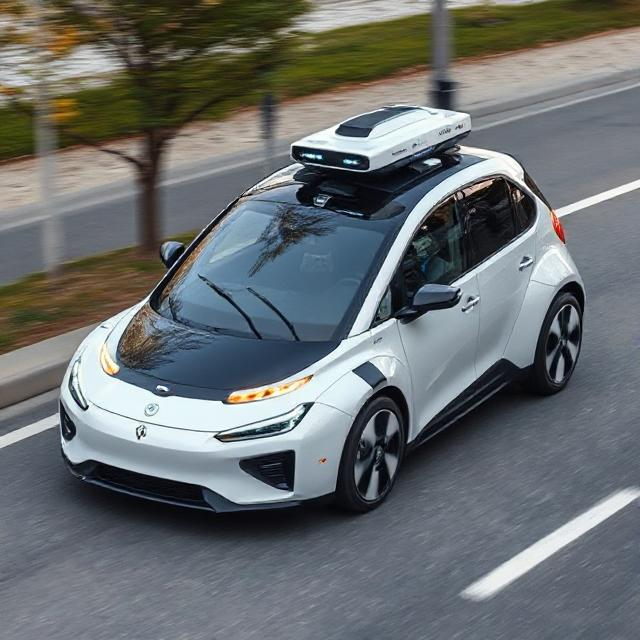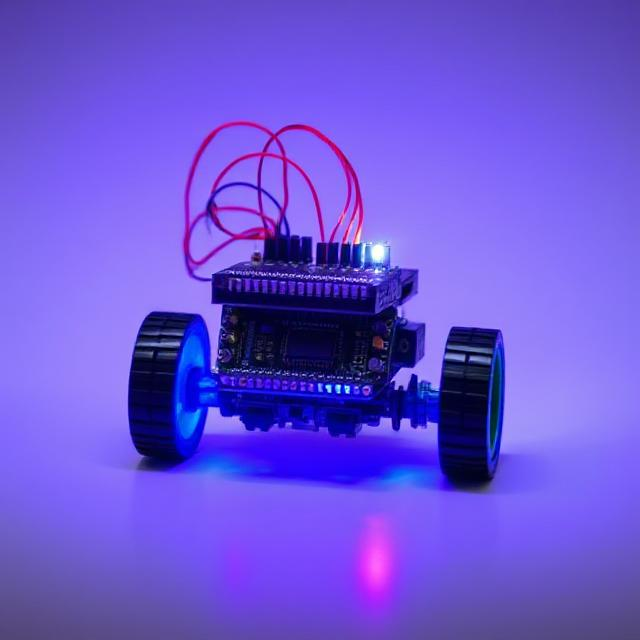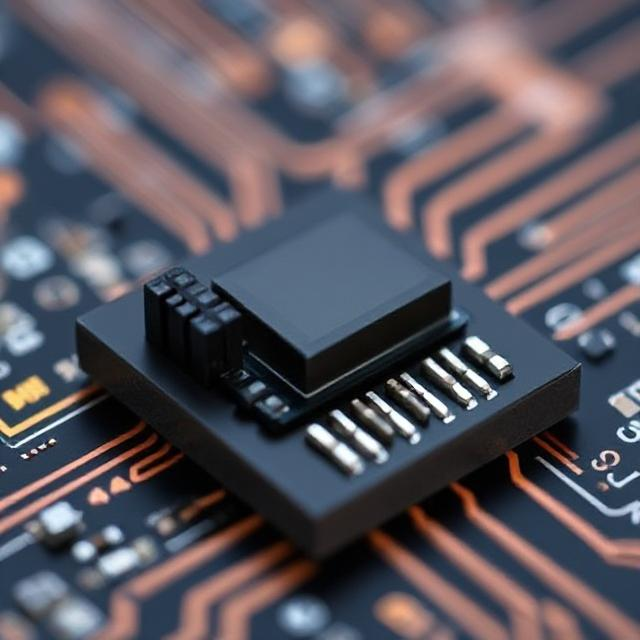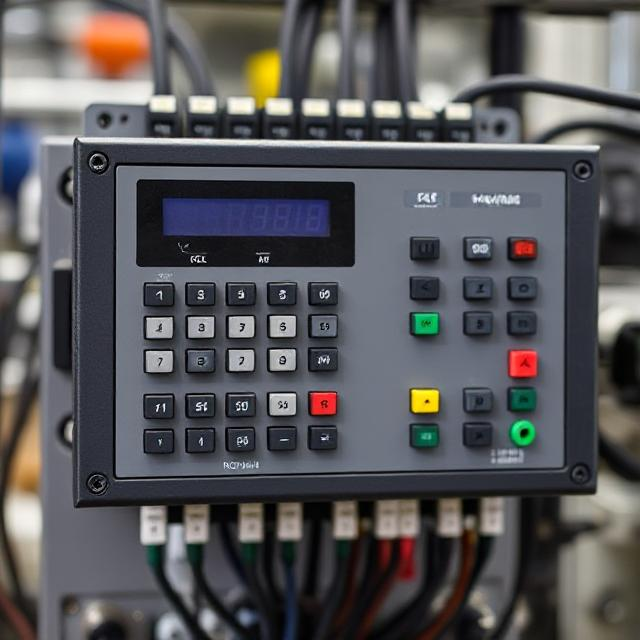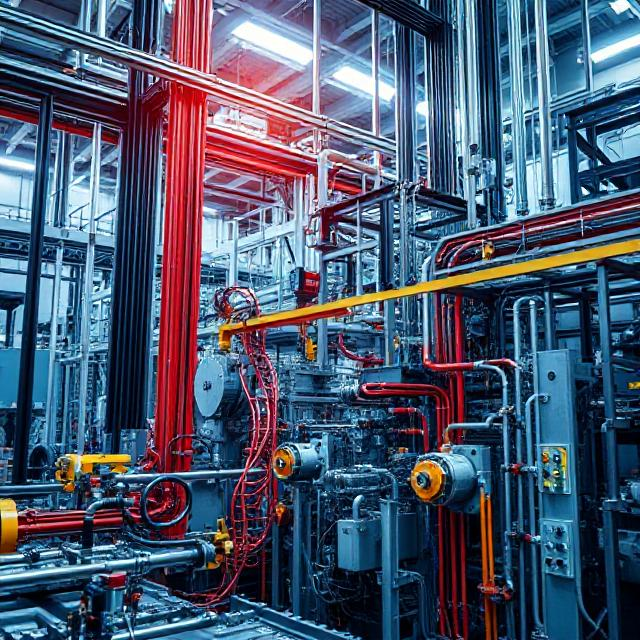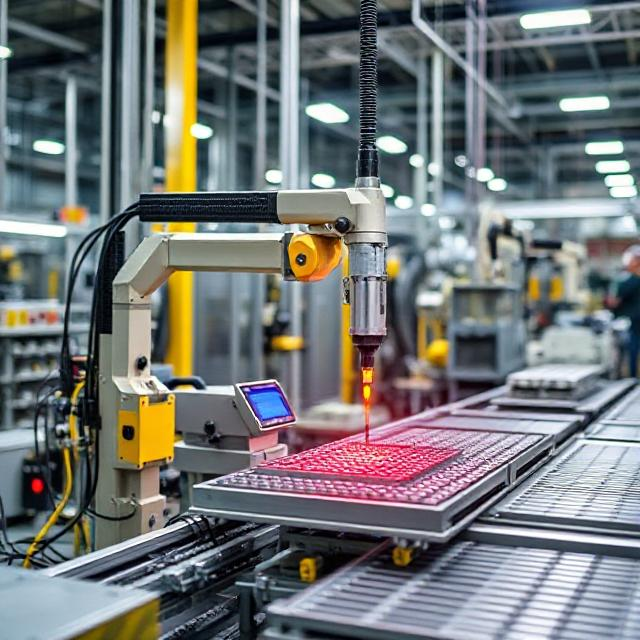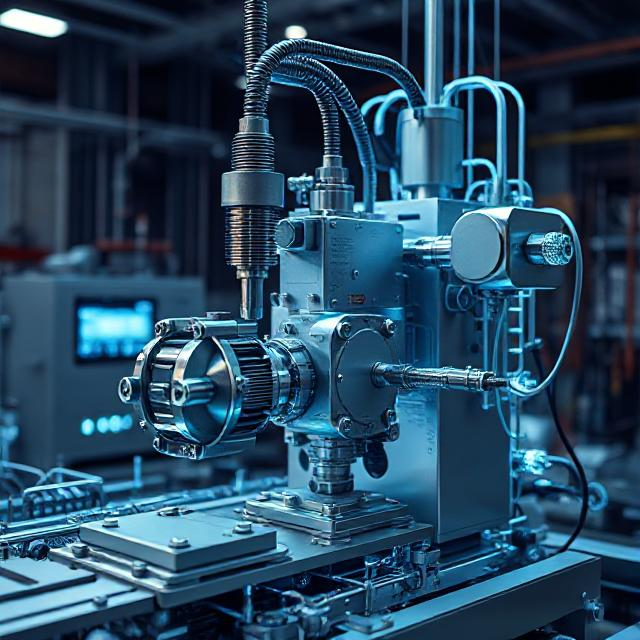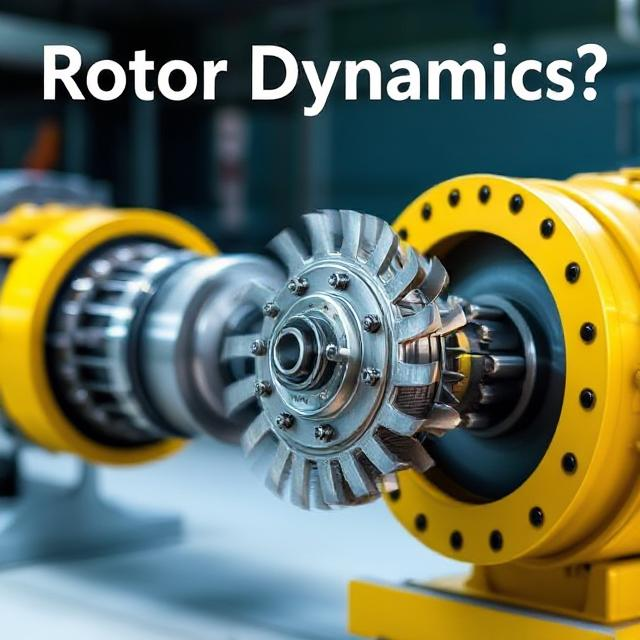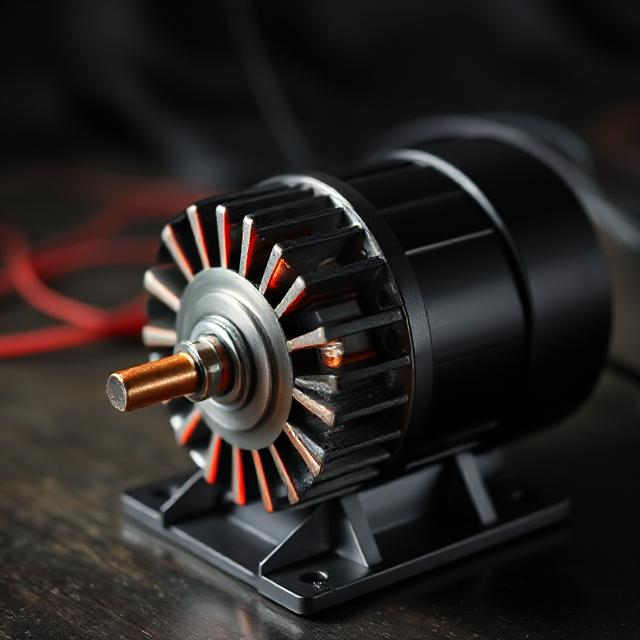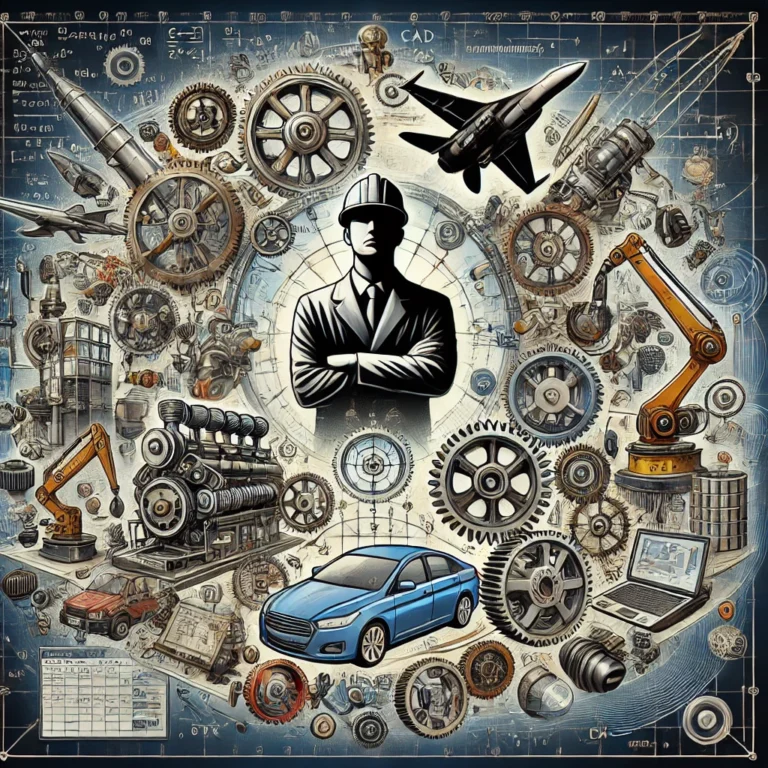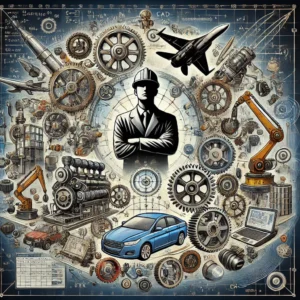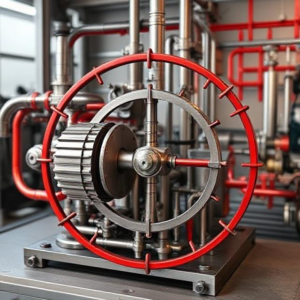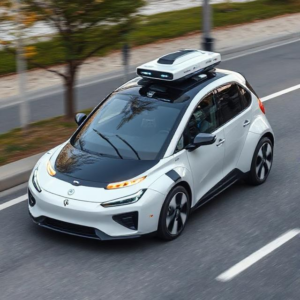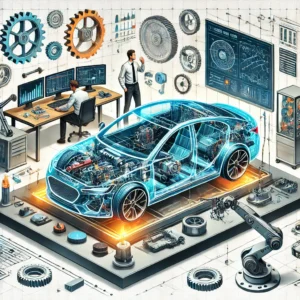Engines are machines that convert energy from one form to another, often turning heat energy into useful...
Mechanical
Automotive engineering is the branch of engineering that focuses on the design, development, production, and testing of...
Actuators are devices that perform actions based on instructions from a system, usually in response to a...
An autonomous vehicle (also known as a self-driving car) is a vehicle that can drive itself without...
Automation in electronics manufacturing is when machines and robots take over tasks that were once done by...
A Motor Driver Circuit is like the "translator" between the brain of a robot (like a microcontroller...
MEMS sensors are tiny but powerful components that help modern vehicles operate more safely, efficiently, and intelligently....
A Programmable Logic Controller (PLC) is a special type of computer used to control machines and processes...
Industrial Engineering is all about finding ways to make systems—whether they’re factories, offices, or even entire companies—work...
Manufacturing Engineering is all about figuring out how to turn raw materials into finished products in the...
Machine design is the process of creating and developing machines or mechanical systems to perform specific tasks....
Radiation is the transfer of energy through space in the form of waves or particles. Unlike sound...
Thermal conductivity is a property of a material that indicates how well it can conduct heat. In...
Rotor Dynamics is the study of the behavior of rotating parts in machinery, such as motors, turbines,...
Fluid Dynamics is a subfield of fluid mechanics that focuses specifically on the movement of fluids (liquids...
Fluid Mechanics is a branch of physics that focuses on the behavior of fluids, which include both...
An electric motor is a device that converts electrical energy into mechanical energy (motion). DC motors (Direct...
Mechanical Engineering (ME) is one of the oldest and broadest branches of engineering. It combines principles of...

